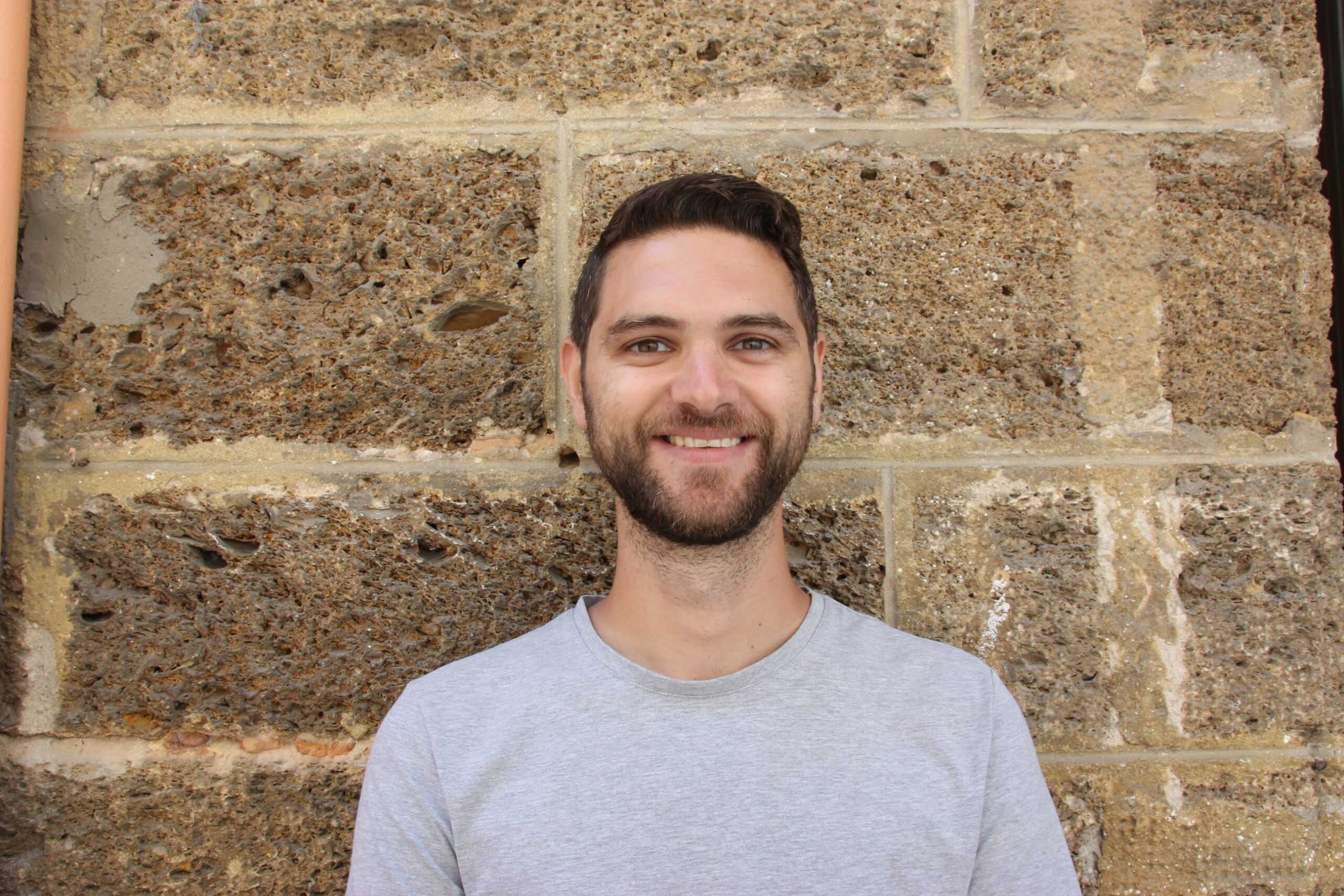Overcoming misinformation and anxiety in the transition to online exams
When the pandemic forced institutions to immediately transition online, University of New England in Australia probably felt better prepared than most of its peers. The university, in the state of New South Wales, was founded in 1954 as a pioneer of teaching by correspondence. It remains primarily focused on distance education, with about 90 per cent of students studying fully online.
Delivering remote assessments was also not new to UNE. The institution had been administering remote exams to a predominantly mature, domestic student cohort since 2017.
“For our students, university study is a discretionary spend of their time and money and they require flexibility,” Kylie Day, who manages exams and assessment for UNE, told the International Centre for Academic Integrity annual conference this week. “It’s not a nice to have, it’s a requirement for our average student who’s juggling community responsibilities, work and family responsibilities on top of study.”
But, when it became clear that online exams were the safest option in the COVID-19 era, there were issues in adapting to the new reality. UNE had previously offered an online option for about 30 per cent of its course exams. The default option would see a traditional paper exam distributed to one of hundreds of international exam centres.
“When 2020 hit and we could no longer offer paper exams, suddenly online exams were the universal option. We had no alternative,” Jennifer Lawrence, Program Director Digital Education, UNE, said. “We had to manage that tension of suddenly making this big transition to something that some of those students were very comfortable and familiar with and had already chosen, but many of our students had not chosen. That created some tensions, particularly around privacy and anxiety.”
Combining the apprehension that already exists in taking an exam with unease over a new system for many caused anxiety in the student body. Some were concerned online invigilation was not sufficient to prevent cheating and would “devalue” their degree. Others worried it was an invasion of privacy.
“Some students that were very well informed, had what they thought were very legitimate privacy concerns,” Lawrence said, “But we certainly found that the majority of students who expressed privacy as a concern to us were coming from a place of anxiety and misinformation.”
Staff at UNE had students quoting media articles and social media posts containing “misinformation”, including that their genetic information would be collected and stored. Another concern was the online invigilator would make decisions about suspected rule breaches based on artificial intelligence.
Students were told their genetic information was not being recorded and that it was actually humans supervising the exam process. “Artificial Intelligence assists the human but doesn’t make any decisions,” Lawrence said.
There was also the issue of access, with some students concerned an interruption from their child, partner or flatmate during an exam would see them penalised. UNE staff reassured students their grades would not be negatively affected by something outside of their control, like a technical problem or misbehaving toddler.
When it came to the logistics of administering online exams, UNE found positives. The university, which uses the online invigilation solution ProctorU, had one human invigilator supervising between six and eight students.
“From our perspective as an institution, along the lines of academic integrity, that is a much better ratio than we were able to achieve in a physical paper-based exam venue, (where) we would have one (invigilator) to several hundred (students),” Lawrence said.
While some test-takers had worried online invigilation would not be strict enough, in some aspects it was more secure. The identity verification process included using a webcam to check an ID card against the person sitting the exam, a unique login and password for the student and measuring their keystroke biometrics.
“About one in 10,000 people have a similar typing style and speed,” Day said. She pointed out UNE had previously had cases of students attempting to cheat in testing centres, including “paid imposters turning up with a fake ID card”.
UNE relied on ProctorU to provide technical assistance during exams but ensured student concerns or questions could be escalated to a member of the UNE team. As with any new technology, students made the transition to accepting online exams and invigilation at different speeds. Now, UNE is approaching a place where online exams are “considered normal”.
“We’re really talking about a population-wide and institution-wide disruptive technology change for a high stakes activity. So of course, people are going to voice concerns and have questions, it’s going to have bumps and be controversial,” Day said. “But just like online banking and self-serve shopping became part of the furniture and now people question if it’s not there, I think with online exams we’re getting to that normalisation period now.”

Robert Kidd is a freelance journalist who writes about everything from soil mites to stochastic algorithms for publications including Times Higher Education, New Scientist and Forbes. He previously covered higher education for The Courier-Mail in Brisbane, Australia. He lives in Spain.
The American Consortium for Equity in Education, publisher of the "Equity & Access" journal, celebrates and connects the educators, associations, community partners and industry leaders who are working to solve problems and create a more equitable environment for historically underserved pre K-12 students throughout the United States.
- American Consortium for Equity in Educationhttps://ace-ed.org/author/admin/
- American Consortium for Equity in Educationhttps://ace-ed.org/author/admin/April 23, 2025
- American Consortium for Equity in Educationhttps://ace-ed.org/author/admin/
- American Consortium for Equity in Educationhttps://ace-ed.org/author/admin/







